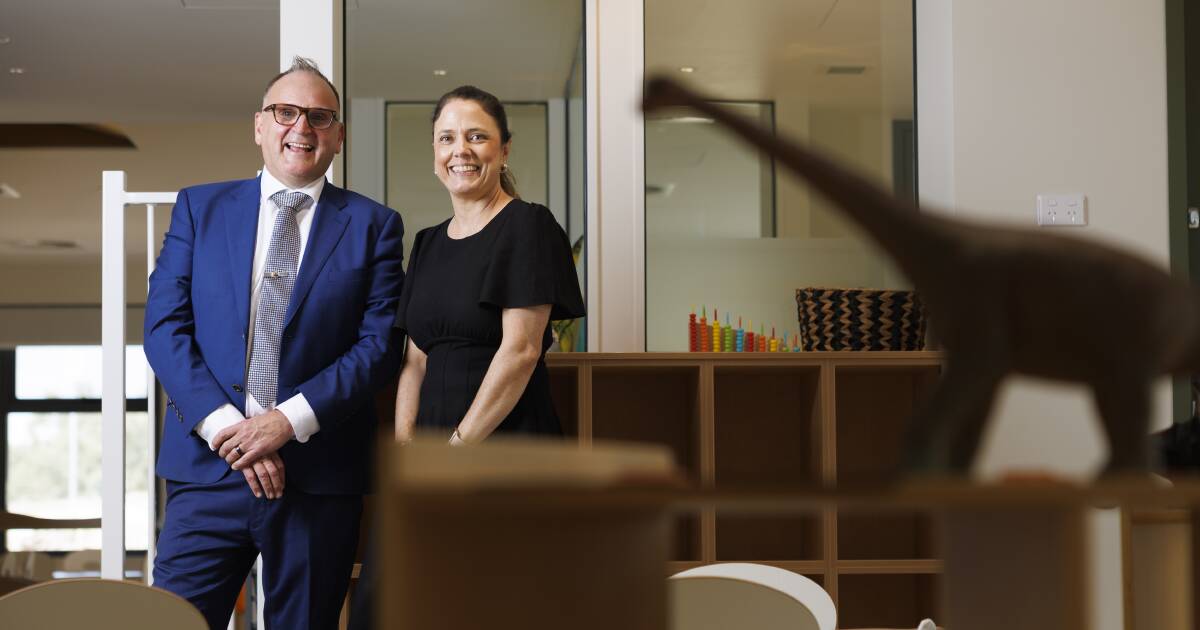
A groundbreaking study by the University of South Australia aims to alleviate the emotional stress faced by thousands of Australians living with atrial fibrillation (AF), the world’s most common heart rhythm disorder. Supported by a 2026 Heart Foundation Vanguard Grant, the research team, led by UniSA Professor Hannah Keage, will develop and test Australia’s first psychological support program specifically designed for AF patients.
The $150,000 initiative, which also includes researchers from the University of Adelaide and Flinders University, seeks to address anxiety—a condition affecting up to one in three AF patients. “Atrial fibrillation can be unpredictable and frightening,” says Prof Keage. “Many patients live with constant worries about AF symptoms recurring and progressing, as well as the risk of stroke or heart failure. Yet, despite this heavy emotional burden, there are currently no psychological support programs designed for AF patients in Australia.”
The Emotional Toll of Atrial Fibrillation
AF affects millions globally, significantly increasing the risk of stroke, heart attacks, and even dementia. Beyond these severe physical health consequences, patients often endure substantial anxiety, depression, and distress. While psychological therapies have been effective for other cardiac conditions such as coronary heart disease and heart failure, no studies have yet explored similar interventions for AF patients.
Prof Keage explains that the program will offer practical education, cognitive and mindfulness strategies, and emotional regulation techniques. “By providing these tools, the program aims to help participants better understand their condition and manage worries,” she says.
Collaboration and Co-Design
Set to commence in 2026, the two-year project will be conducted under the Adelaide University banner, marking a significant collaboration between the University of South Australia and the University of Adelaide as they merge to form Australia’s new major university next year. The project will employ a co-production model to ensure the program meets the genuine needs of AF patients. Researchers will work closely with individuals living with the condition, alongside cardiologists, nurses, and allied health professionals, to shape the program’s design and content.
Feedback from patients earlier this year revealed that many receive minimal information about the emotional impacts of AF, often feeling isolated and in “survival mode,” grappling with the unpredictability of symptoms and concerns about long-term health. “Consumers told us they want information, reassurance, and practical tools,” Prof Keage notes. “They need to know what’s normal, how to respond to symptoms, and how to live confidently with AF.”
Future Implications and Trials
Once developed, the intervention will be trialed with 30 patients recruited through the Cardiovascular Centre in Adelaide, Whyalla, and Port Lincoln. Prof Keage emphasizes the broader benefits of improving psychological health, stating, “Improving psychological health doesn’t just make patients feel better. It can also improve their treatment compliance, reduce their symptoms, and better support their long-term heart health. The research has the potential to change how we care for AF patients across Australia.”
This development follows a growing recognition of the need for holistic approaches in managing chronic health conditions, where mental and emotional well-being are considered integral to patient care. As the project progresses, it may set a precedent for similar initiatives worldwide, highlighting the importance of addressing the often-overlooked emotional aspects of living with chronic diseases.
The announcement comes as healthcare systems globally are increasingly focusing on patient-centered care, acknowledging that addressing the emotional and psychological needs of patients can lead to better health outcomes and improved quality of life.





